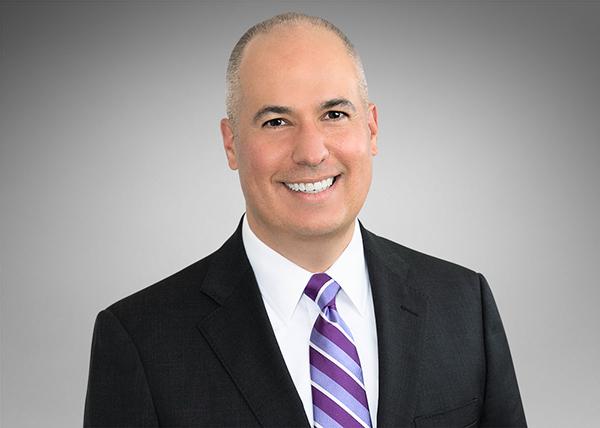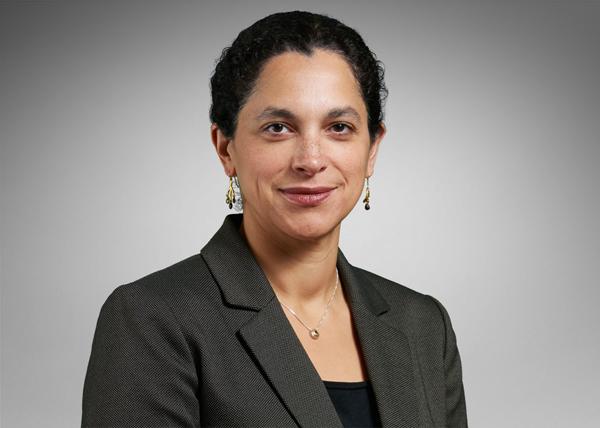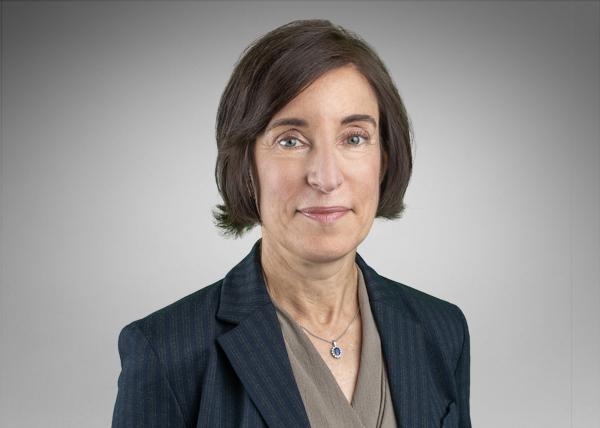The election of Joe Biden as President will influence virtually all areas of U.S. policy, including at the Federal Communications Commission (FCC). We previously previewed (here and here) key aspects of communications policy that would be affected by the presidential election and what a Democratic-led FCC would mean for each. To advance its communications policy objectives, the incoming Administration will first need to transition to new leadership at the FCC.
Many are speculating about who will be named to the FCC or who will chair the agency on or after the Presidential Inauguration on January 20, 2021. Rather than add to that speculation, we instead seek to shed light on the process for transitioning the FCC to Democratic control and the timing of that process, which will affect who will be making decisions in the next several months or longer.
Naming an Acting Chair or full Chair on January 20
Among the many personnel actions taken on January 20, President Biden is expected to name one of the two Democrats on the Commission (Jessica Rosenworcel, Geoffrey Starks) as full Chair, or as Acting Chair until a full Chair is confirmed by the Senate. This individual will have control of the agency’s agenda and, as a practical matter, over the decisions that are made by the agency’s bureaus, which handle much of the FCC’s day-to-day licensing, transaction, and other decisions.
Whether the next Acting Chair or full Chair will have the ability to advance more significant proposals and decisions will depend in large part on whether only one or both Republican commissioner seats are filled at the agency. This is because unless and until the Democrats occupy a majority of commissioner seats at the agency, the new Democratic Chair or Acting Chair will lack the votes necessary to tackle more controversial topics, such as net neutrality/broadband regulation and media ownership.
Will Democrats Occupy a Majority of Commissioner Seats at the FCC on January 20?
Currently, three Republicans (including Chairman Ajit Pai) and two Democrats occupy the five commissioner seats at the FCC. By tradition, in a presidential transition involving a change in political parties, the sitting chairman steps down on the morning of January 20, and we are not aware of any reason that current Chairman Pai would decline to follow that decades-long tradition. If so, that raises the question of whether the FCC will then be deadlocked with a 2-2 split between the remaining members or will have a 2-1 Democratic majority after Chairman Pai steps down.
The answer to this question turns on whether the Senate decides to confirm Nathan Simington, a Republican, before the end of this year to replace outgoing Republican Commissioner Mike O’Rielly, whose terms expires (and who must leave his seat) on or before January 3, 2021.
President Trump nominated Simington to replace O’Rielly on September 15, and the Senate Commerce Committee held a hearing on his nomination on November 10. If the Senate were to confirm Simington before the end of 2020, and if Chairman Pai steps down as expected, that would leave the agency deadlocked come January 20.
But if the Senate does not confirm Simington by the end of the year, his nomination will expire and we would expect Democrats to have a 2-1 majority on the Commission as of January 20.
When Would a Third Democrat be Confirmed?
Assuming Chairman Pai steps down per tradition on January 20, one vacant commissioner seat will need to be filled with a Democratic nominee. There also may be a second Republican seat to be filled in the event Simington is not confirmed by the end of 2020.
Filling the third Democratic seat will become far more important if the agency finds itself deadlocked 2-2 on January 20. If, instead, Democrats have a 2-1 majority at that point, the additional Democratic seat likely would be paired with whomever is the new Republican nominee—such that the agency would move from a 2-1 Democratic majority to a 3-2 Democratic majority once President Biden makes those nominations and the Senate confirms them.
This third Democratic commissioner nominee is likely to receive more intense scrutiny if the nominee is named to be the full Chair of the Commission. This would occur if President Biden names one of the two existing Democratic Commissioners as Acting Chair on January 20 and opts to name someone other than a current commissioner as the full Chair during the upcoming Presidential term. If so, and if the Senate remains in Republican control, the process of confirming the new full Chair could be a slow one, leaving the Acting Chair at the helm of the FCC for some time.
For context, the last time an incoming President nominated a new full Chair, it took the Senate roughly six months to confirm him (Julius Genachowski in 2009) and, previously, it took eleven months to confirm a different new full Chair (Reed Hundt in 1993) after he was nominated by a different incoming president. In both of those cases, the Administration was led by Democrats and the Democrats controlled the Senate.
We invite you to visit our 2020 Election Toolkit. The toolkit is a repository of our firm resources on the election, where you can navigate through various event invitations/recordings, advisories, blog posts, and other content. If you have any questions concerning the material discussed in this client alert, please contact the following members of our Communications and Media practice.
Back
Back








